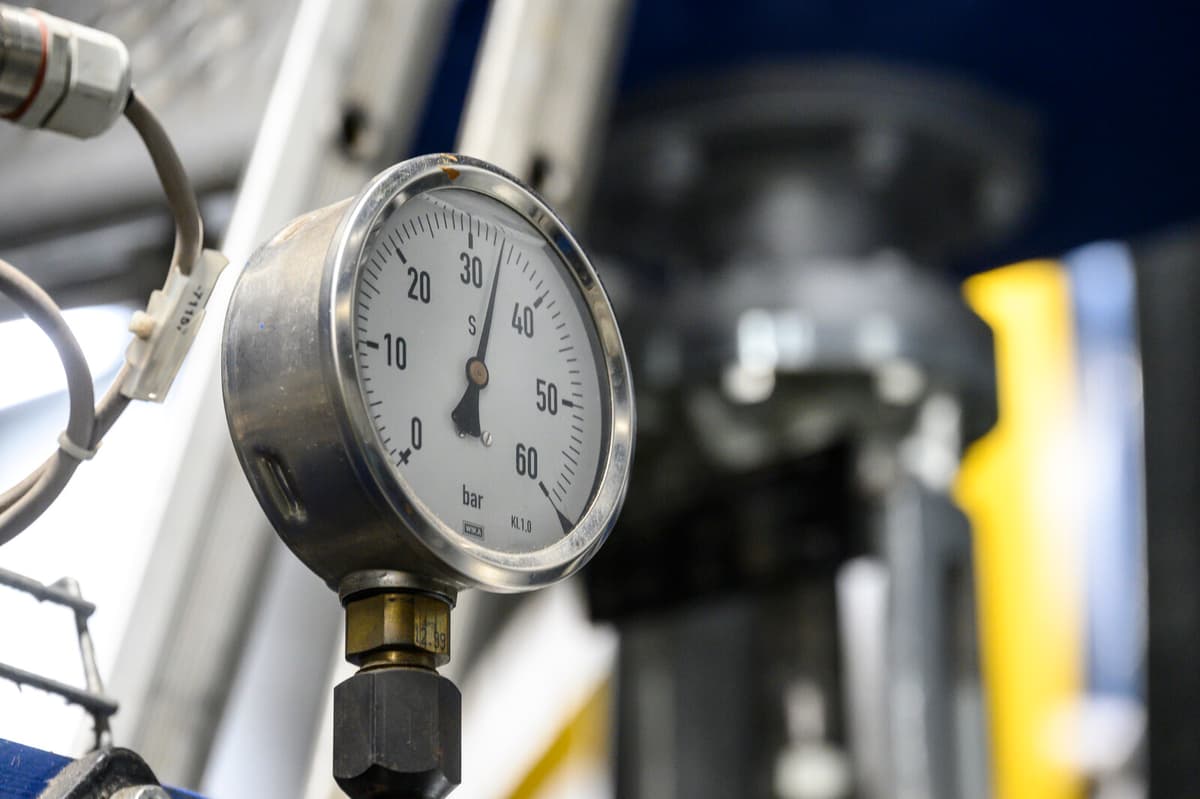District heating is the most common form of heating in Sweden.
However, Swedish households have seen prices skyrocket in recent years as a consequence of more expensive energy, and the increase will continue next year as well.
About 50 companies have so far reported their announced price changes to Prisdialogen – a collaboration between the industry and customers.
The average increase so far is 7.9 percent compared to 15 percent the previous year. In some cases, there are more modest increases, and residents in, for example, Piteå and Sandviken can expect increases of 3-4 percent. In several cases, however, it is significantly higher than that.
Substantial price hike
Households in Hässleholm will receive a price hike of 17 percent, and in Örnsköldsvik, it is 12 percent.
Rikard Silverfur, representing Fastighetsägarna at Prisdialogen, notes that as a customer, one has virtually no opportunity to influence.
I would say it is minimal. It is precisely because of this powerlessness as a customer that it has been highlighted by the Riksdag and the government, and investigations have been set up to strengthen the customers' position, he says to TT.
They (energy companies) can, according to the regulations, almost set any price they want. There are areas where the increases can be motivated, but also others where it is not fully justified, which the large spread shows.
Advertisement
Not all companies are tied to Prisdialogen. One such company is Solör bioenergi. For example, the variable price of district heating in Falköping will be shockingly increased by 40.4 percent next year during the summer half-year.
Among the highest in the country
TT has been in contact with the company. Region Manager Nicklas Eld notes that thanks to the fixed price being unchanged, the total increase will instead be 19.4 percent.
It is still one of the highest in the country, what motivates this?
The cost of biofuels, which accounts for two-thirds of our total costs, has increased by 123 percent over the past two years in Falköping.
Advertisement
Rikard Silverfur and Prisdialogen see that significant price increases can, to some extent, erode confidence and interest in using district heating as an energy source in the future.
Members react to how some new actors, with both aggressive expansion plans and significant price increases, are acting. This has made them reconsider their choices of suppliers.






